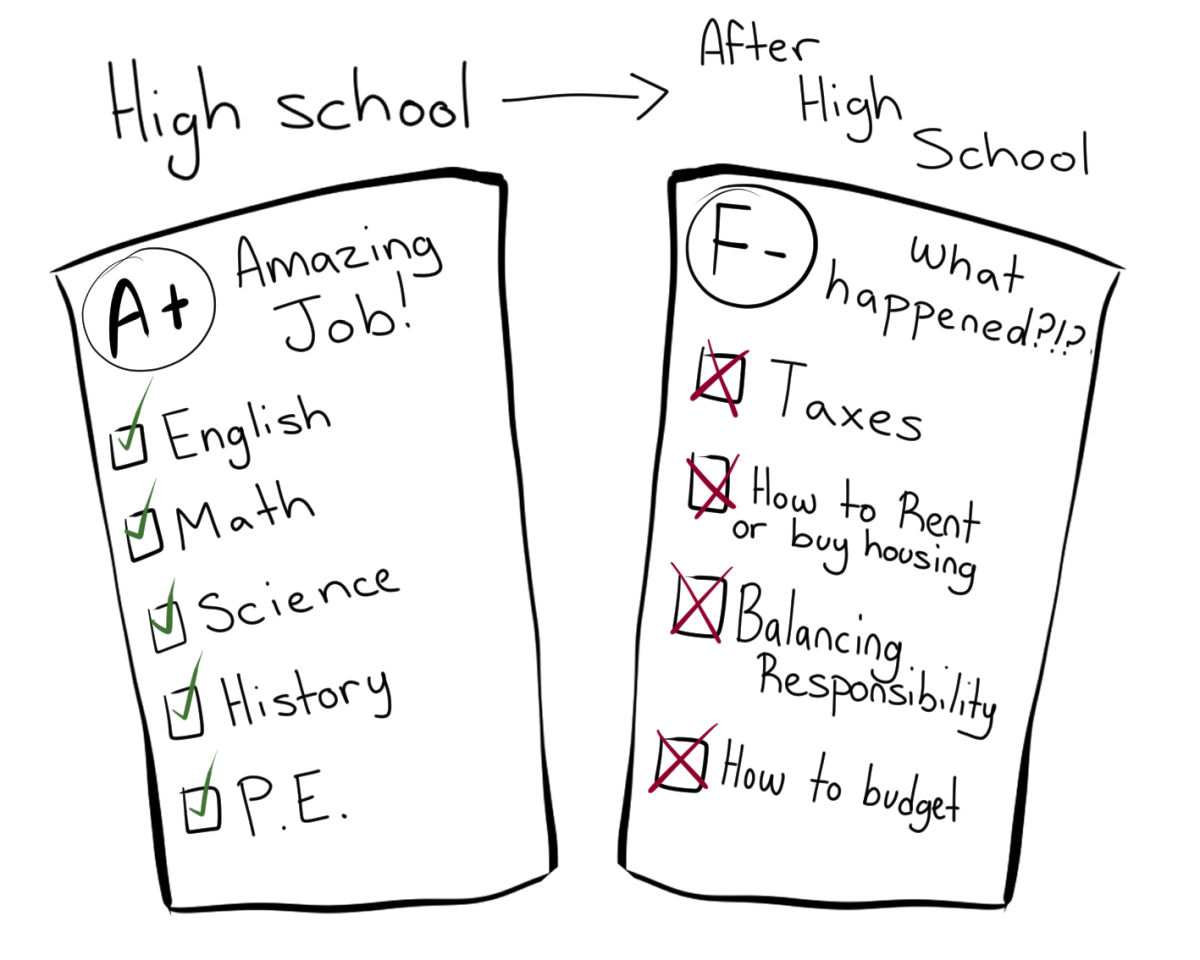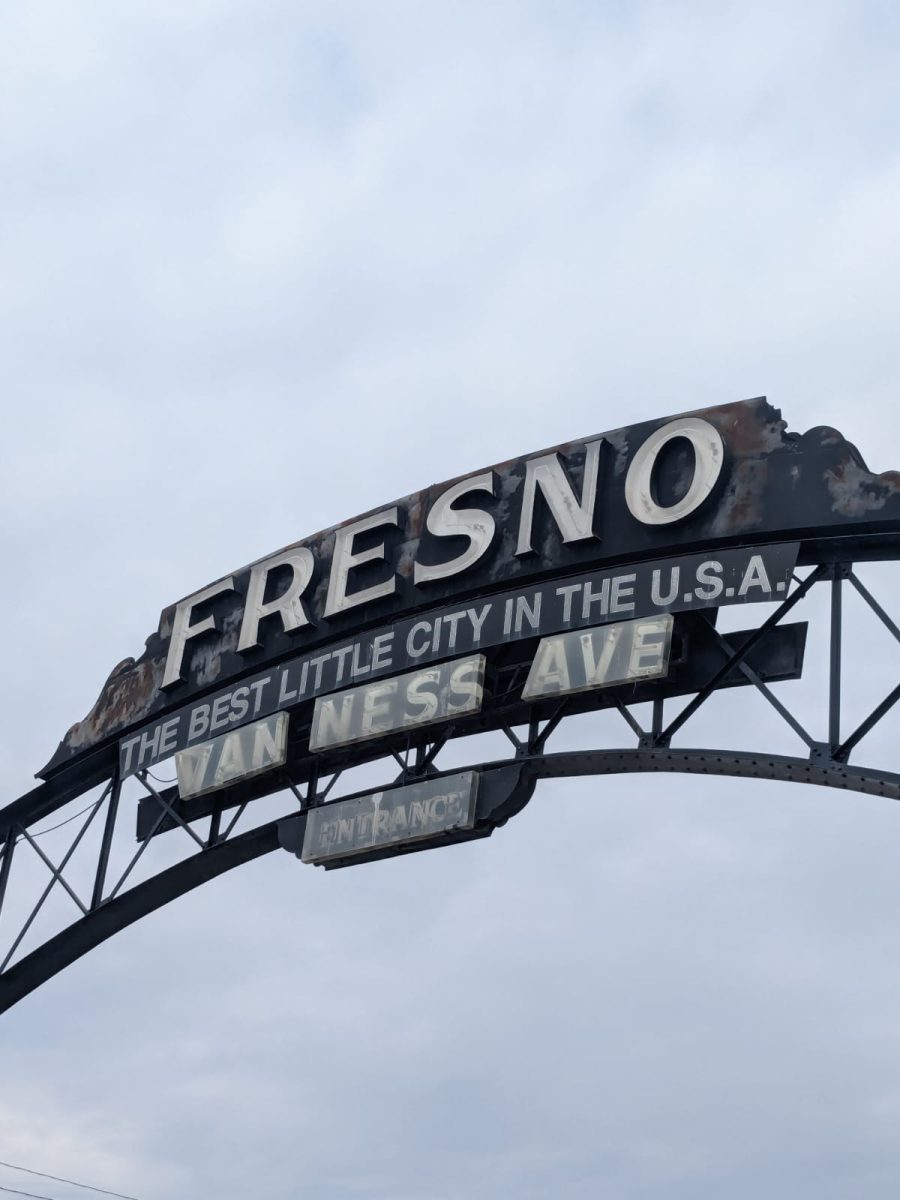I remember when I used to hear people complain that there just wasn’t enough “direct action.”
Then the people took Zuccotti Park. Then they took Nashville, they took Oakland, and for nearly a month now, Occupy holds Fresno’s Courthouse Park.
Not so long ago, the law disbanded Nashville, as they did Oakland. And what came of Oakland struck with the reality and the weight of these occupations. A man, a veteran, was hospitalized for all to see as an inarguable display of direct action’s cruelest and coldest reality: anybody – thoroughly anybody – could get hurt.
It could have been any one of them, but fate or God or bad luck brought it to him.
So I pray that it is not universally true. I do not want to see anybody hurt, though it pains me that I cannot deny the reality of what happened in Oakland.
So now – Occupy Fresno, facing possible eviction, looks towards one of direct action’s cold and inescapable realities: the law. Eventually, the law will act against the demonstrator. Whether it is out of a natural fear of unbridled defiance or simply “the law” is anybody’s guess.
Whatever it is, it reminds me of my favorite play of all time: The Night Thoreau Spent in Jail. Its most memorable scene is an interaction between Thoreau and his long-time friend, Ralph Waldo Emerson.
Emerson pays the imprisoned Thoreau a visit, and upon seeing Thoreau, he asks him why he is in jail. Thoreau replies with a question, asking Emerson what he’s doing outside of jail.
The play, made for the stage of course, was based on Thoreau’s actual incarceration. He was jailed for refusing to pay a tax he found unjust, a tax levied to fund the Mexican-American war.
With that said, I hope that the ethic that guided Thoreau is the ethic that guides Occupy Fresno – that if it is unjust to act against injustice, then the only remedy any just person might provide is to break the law. So if you decide to stay, to hold your ground, remember that it can be done peacefully.
Effective resistance can be peaceful – you need not sacrifice yourselves, your collective futures for made-for-TV theatrics.
Instead, when they come – and they will come – I urge you to be calm. You have spoken loud enough for long enough – now exercise your right to be silent.
Do not resist.
Get on your knees and put your hands behind your heads when they say so and let them cuff you.
Let them put you in their car, drive you around the corner and book you.
Let the law tell you that you are wrong. Because when it does, and it is all over with and the whole theater of the act is behind you, you will know that you own their attention.
And that, of course, is much more than just the beginning.
It’s a movement.






